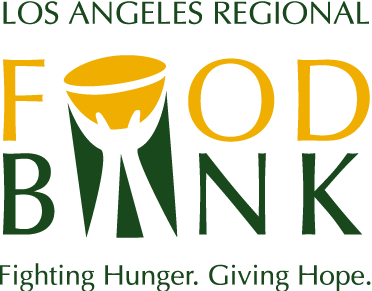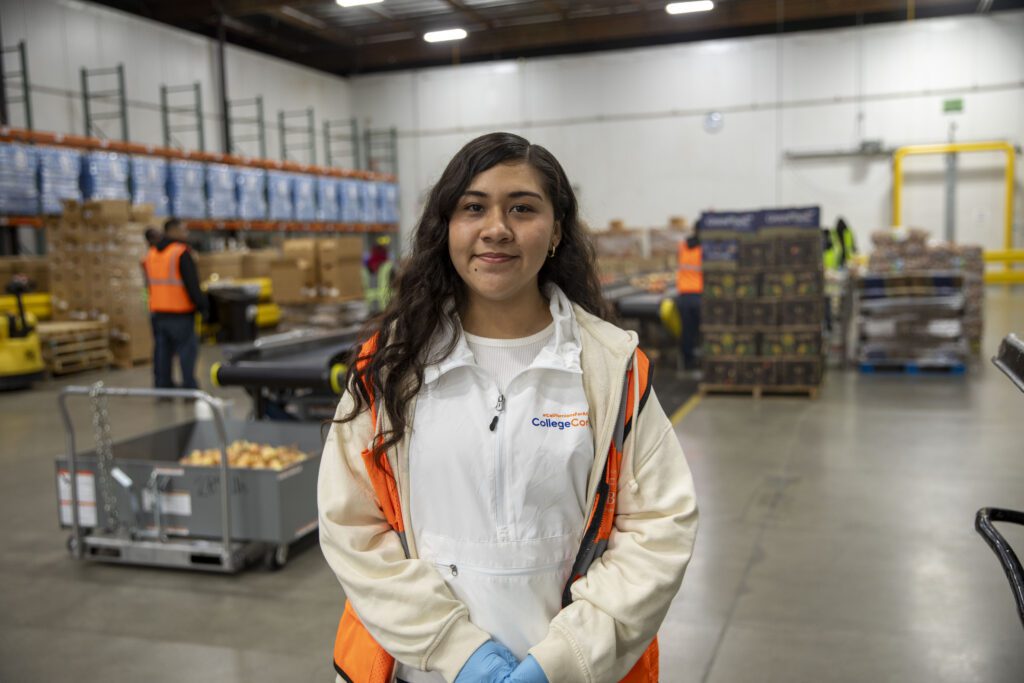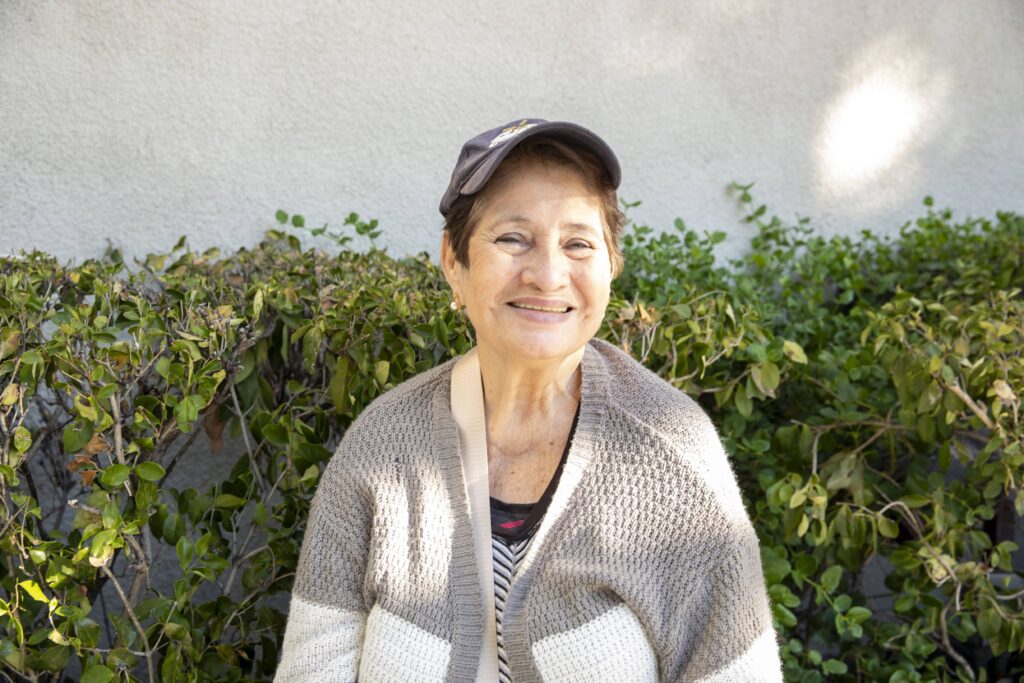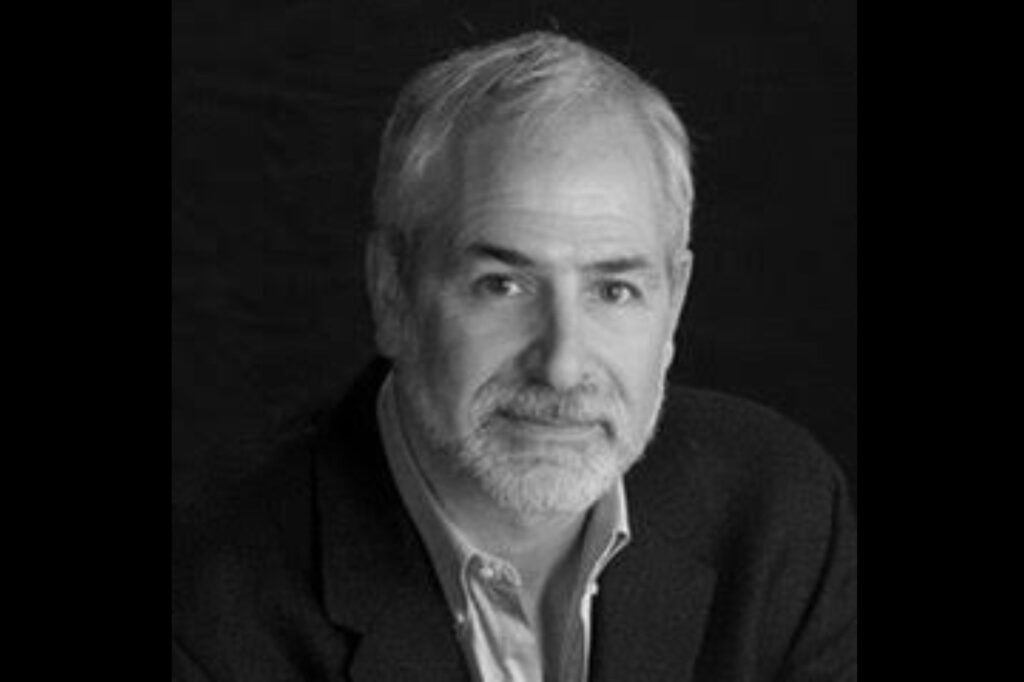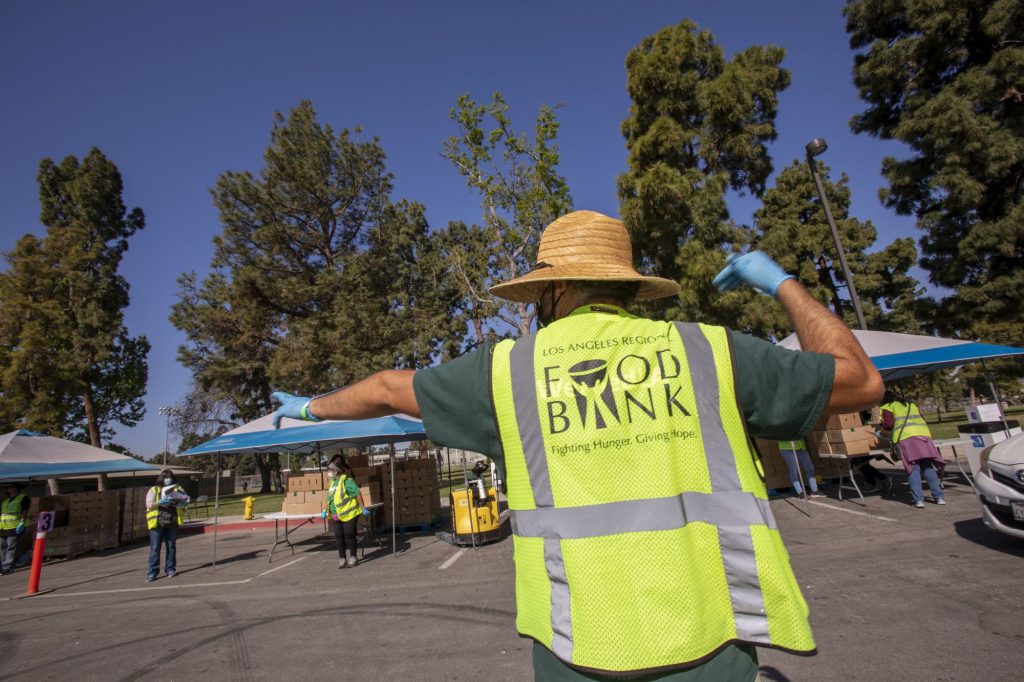Food Waste and Sustainability at the LA Regional Food Bank
Food Waste and Sustainability at the LA Regional Food Bank
The Los Angeles Regional Food Bank was founded on the idea of rescuing perfectly good food from going to waste and helping feed those in Pasadena and its neighboring communities. More than 50 years later, the Food Bank continues to rescue perfectly good food, but now throughout LA County.
In LA County alone, thousands of tons of perfectly edible food find their way to landfills each year while hundreds of thousands of individuals struggle with food insecurity. That’s why the Food Bank continues taking food and product donations off the hands of growers, supermarkets and distributors and providing food for those in need throughout our County.
The Food Bank on Food Waste and Sustainability
Food recovery is at the forefront of the Food Bank’s sustainability efforts– rescuing surplus food from various sources such as grocery stores, restaurants, and food manufacturers. Through strategic partnerships and logistical expertise, the Food Bank salvages this bounty, preventing it from meeting a premature demise in landfills.
The Food Bank continues to work towards food rescue, including at its new City of Industry Distribution. With more than 256,000 square feet, the Food Bank will be able to store more food and feed more individuals and families throughout the County. Additionally, the new facility will include the S. Mark Taper Foundation Food Rescue Center, where volunteers will sort, glean and pack rescued food for our neighbors in need.
Extra Helpings Program
At the beginning of the millennium, the Food Bank created a program called Extra Helpings to redirect good, nutritious and healthy food away from landfills and into the stomachs of hungry children, families and older adults.
In 2023, thanks to over 500 food donors, the Extra Helpings Program ensured that more than 28.3 million pounds of food were redirected from landfills to stomachs by enabling 220 partner agencies to collect nutritious, perishable and prepared food directly from grocery stores and other local sources in their neighborhoods.
SB 1383 And the Food Bank
SB 1383 represents a landmark statewide effort to combat food waste. This legislation mandates California to recover no less than 20 percent of edible food that would otherwise be discarded by 2025.
SB 1383 requires every jurisdiction to provide organic waste collection services to all residents and businesses. “Organic waste” encompasses various materials, including food, green waste, landscape and pruning waste, textiles, lumber, paper products, and more.
In the City of Industry Distribution Center, thanks to the size of the new facility, the Food Bank can move food faster and more efficiently, helping get food to those in need rather than end up in landfills.
The impact of the Food Bank’s efforts reverberates across LA County and beyond. With millions of pounds of food rescued annually and countless lives touched, the Food Bank’s contribution to the community and our planet is monumental.
Together, we can amplify the impact of the Food Bank and pave the way towards a more equitable and sustainable future for all.

